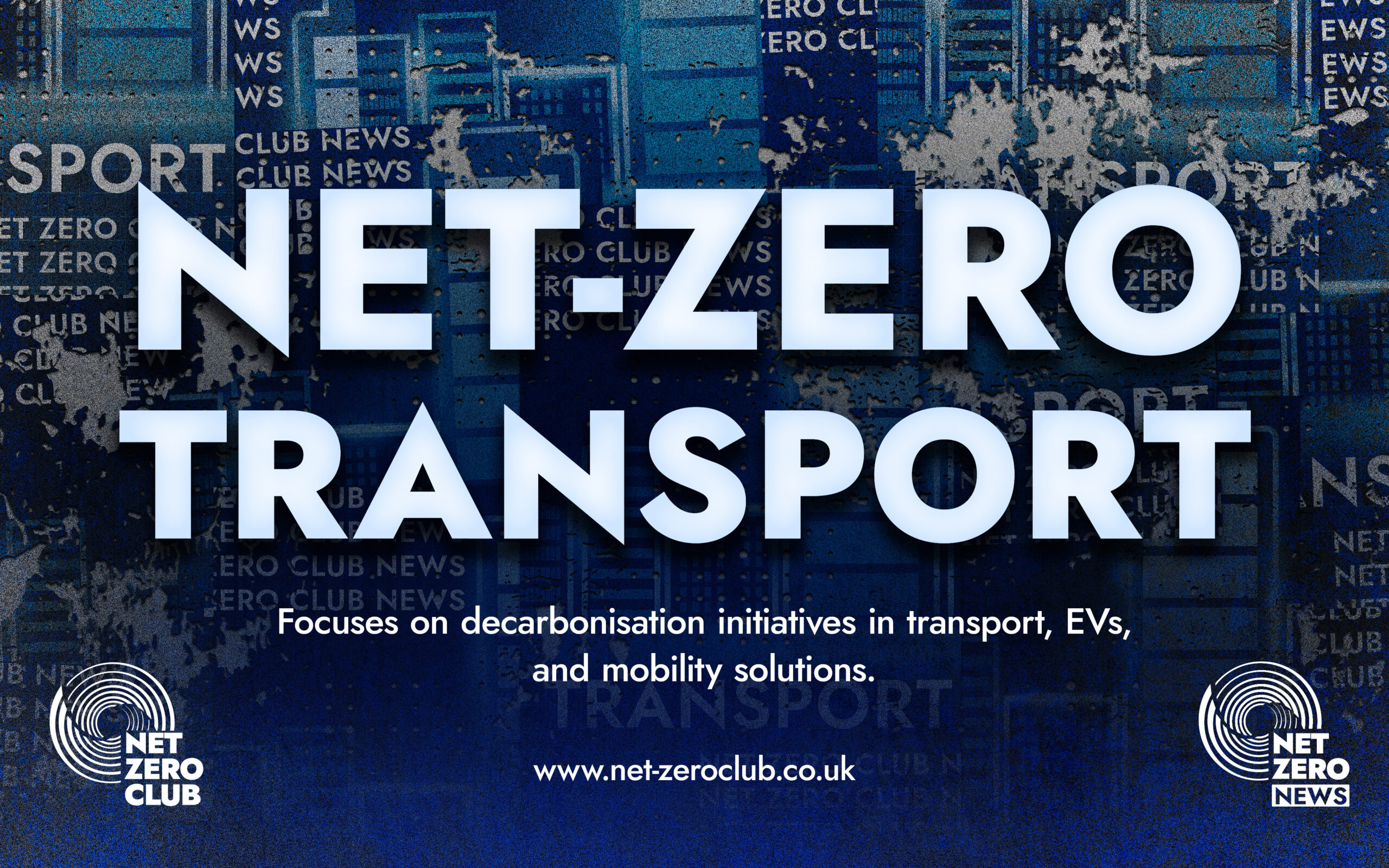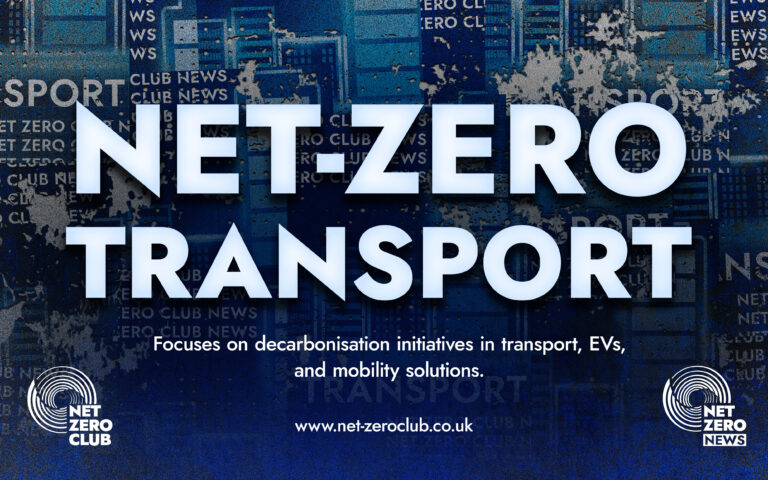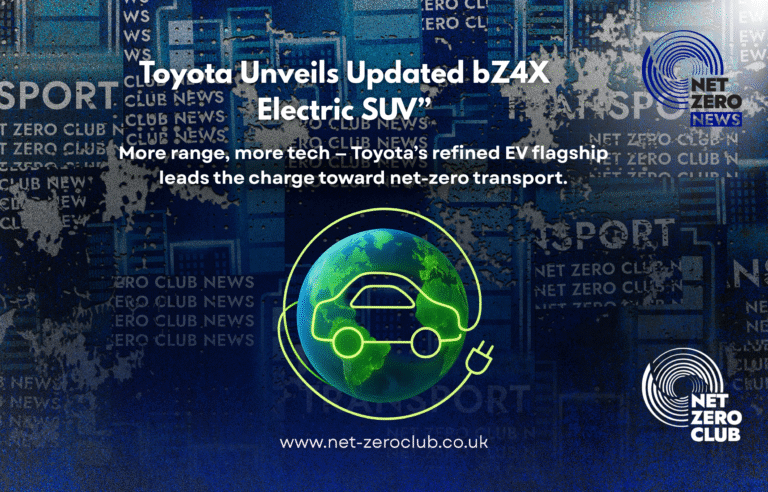Used EV Sales Surpass Diesel Cars as Prices Drop

Welcome, Net Zero News readers,
In a remarkable shift within the automotive landscape, new data from Cinch has revealed that electric vehicles (EVs) are now outpacing diesel cars in the used car market. This momentous change reflects not only a growing consumer preference for sustainable transportation but also a significant decline in EV prices, making them increasingly accessible to the average driver.
According to Cinch’s data, a staggering 16% of all cars sold in August 2025 were electric, compared to just 13% for diesel vehicles. This stands in striking contrast to August 2024, when EVs represented merely 10% of sales, while diesel cars held a much stronger 19% share. The figures underscore a pivotal transition in consumer behaviour as more individuals opt for greener alternatives.
Abhishek Sampat, the head of electric vehicles at Cinch, commented on this shift, stating, “EVs used to be a relatively niche choice in the used car market, but not anymore. One in every six cars we sell is now an EV, and the uptake is growing each month.” His words encapsulate the growing momentum behind electric vehicles, as they become a mainstream choice for buyers.
The variety of electric models available has also expanded significantly. In August alone, Cinch sold 66 different EV models, a marked increase from 47 during the same month in 2024. This growth in diversity includes everything from family-friendly SUVs to small, budget-friendly hatchbacks, all driven by escalating consumer demand for eco-friendly options.
Cinch attributes this surge in sales not only to the broader range of choices available but also to the entrance of new brands like BYD and Omoda into the market. Additionally, traditional manufacturers are pivoting their production strategies to prioritise electric vehicles, further fuelling demand for used EVs, akin to the trend seen with new models.
Moreover, the ongoing decrease in EV prices plays a crucial role in this evolution. Despite the pressures of inflation over the past year, the average price of an electric vehicle sold on Cinch fell by 3%, landing just below £16,000. This price reduction is a game-changer for many potential buyers.
The most affordable EV available on Cinch in August 2025 was the Smart Forfour, priced at £7,000, while the luxury Porsche Taycan topped the scale at just over £51,000. This broad spectrum of pricing illustrates that there is now an electric vehicle for virtually every budget.
Sampat further elucidated that the price drop is largely influenced by the introduction of numerous new models targeting the entry-level market. “In fact, the average sold price of an EV on Cinch during August 2025 was actually 4% cheaper than the average price of a diesel,” he noted, highlighting the economic viability of EVs in comparison to their traditional counterparts.
In addition to the overall growth in sales, Cinch has unveiled its top-selling electric vehicles for the year so far. The list of the ten best-selling EVs from January to August 2025 includes:
- Tesla Model 3
- Nissan Leaf
- Mini Hatchback
- Vauxhall Corsa-E
- Kia e-Niro
- Volkswagen ID.3
- Hyundai Kona
- Renault Zoe
- Vauxhall Mokka-e
- Jaguar I-Pace
In an impressive display of market dynamics, Cinch also reported its fastest-selling electric vehicles for 2025, indicating that EVs are not just selling well but are also moving off the lots at an increased pace compared to traditionally fuelled vehicles. In August 2025, electric vehicles sold at a rate 43% faster than diesels and 29% faster than petrol cars. The top ten fastest-selling EVs include:
- Škoda Enyaq IV
- Renault Zoe
- MG ZS EV
- Citroën ë-C4
- Hyundai Kona
- Kia e-Niro
- Mini Hatchback
- Peugeot E-2008
- Tesla Model Y
- Tesla Model 3
This data paints a vivid picture of a rapidly evolving market, where electric vehicles are not only gaining popularity but are also becoming a practical choice for buyers. As the landscape shifts towards greener alternatives, the automotive industry is embracing this change, and consumers are reaping the benefits.
The rise of electric vehicles in the used car market is indicative of a broader societal shift towards sustainability. As consumers become more environmentally conscious, the demand for electric vehicles is expected to continue its upward trajectory. This trend aligns perfectly with global efforts to achieve net-zero emissions and combat climate change.
In light of these developments, it is crucial for stakeholders across the automotive industry to adapt to this new reality. Manufacturers, dealerships, and policymakers must collaborate to ensure that the transition to electric vehicles is seamless and beneficial for all parties involved.
As we forge ahead, the challenges of building a robust charging infrastructure, addressing battery recycling, and ensuring the sustainability of EV production will require concerted efforts. However, the current trajectory suggests that the electric vehicle sector is poised for monumental growth, and the increasing sales figures are a testament to this potential.
In conclusion, the data from Cinch showcases a transformative period in the automotive industry, where electric vehicles have firmly established themselves as a viable alternative to traditional fuel vehicles. As prices continue to fall and options expand, we can expect the momentum behind EV adoption to gain even greater speed in the months and years to come.
Stay tuned for more updates on this exciting automotive revolution as we work towards a greener future. Together, we can drive the change towards a sustainable, net-zero world.

 Got net-zero news, project updates, or product launches to share?
Got net-zero news, project updates, or product launches to share? 


